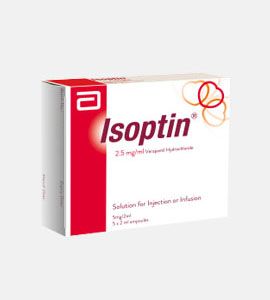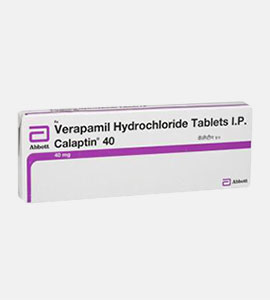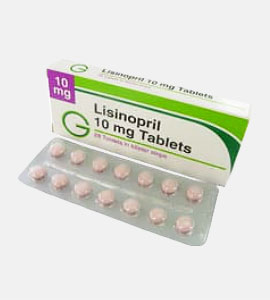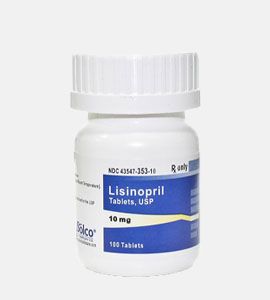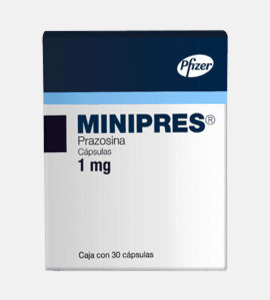Common use
Isoptin is a Ca2+-channel blocker which relaxes (widens) veins and arteries, which makes it easier for the heart to pump and this way Isoptin reduces its workload. Calcium triggers contraction of smooth muscles and when its entrance to the myocytes, it results in relaxation of the arterial muscles, improved oxygen delivery to the myocardial tissue, and decreased total peripheral resistance, systemic blood pressure, and after-load. Isoptin also decreases the conduction of electrical impulses through the heart that controls the coordination of contraction, this slows the rate of contraction. Isoptin is used to treat hypertension, to treat angina, control some types of irregular heartbeats.
Dosage and direction
Take orally with or without food. The daily dose is 180-480 mg which may be taken as a single dose or divided in two or three intakes. Take exactly as prescribed by your doctor, never exceed the dose recommended to you.
Precautions
Avoid drinking alcoholic beverages, grapefruit juice or eating grapefruit. Alcohol is able to worsen side effects of Isoptin (drowsiness and dizziness) while grapefruit interacts with components of the drug. Do not get up too fast from a sitting or lying position as you may feel dizzy.
Contraindications
Isoptin is contraindicated in patients with hypersensitivity to components of the medication, severe left ventricular dysfunction, hypotension (systolic pressure less than 90 mm Hg) or cardiogenic shock, sick sinus syndrome (except in patients with a functioning artificial ventricular pacemaker), atrioventricular block degree II-III (except in patients with a functioning artificial ventricular pacemaker), atrial flutter or atrial fibrillation and an accessory bypass tract (Wolff-Parkinson-White, Lown-Ganong-Levine syndromes). Side effects Arpamyl is usually well tolerated. Most common side effects include dizziness, weakness or fainting, swelling of the lower extremities, rash, headache, and constipation. Jaundice, swelling, difficulty breathing, rashes are also possible. If you experience severe side effects listed above seek for immediate medical attention.
Drug interaction
Isoptin inhibits elimination of alcohol, increases the efficacy of doxorubicin both in tissue culture systems and in patients. Cyclophosphamide, oncovin, procarbazine, prednisone (COPP) and the vindesine, adriamycin, cisplatin (VAC) cytotoxic drug regimens are able to decrease absorption of Isoptin. Co-administration of Isoptin with aspiring in rare cases increases risk of bleeding. Correction of digoxin dosage is important in patients treated with Isoptin. Chronic verapamil treatment can increase serum digoxin levels by 50% to 75% during the first week of therapy leading to digitalis toxicity. Co-administration with oral antihypertensive agents results in additive effects. Inform your doctor about all medications you take, especially about Disopyramide, Flecainide, Quinidine, Phenobarbital, Cyclosporin, medications which contain lithium. This medication may change results of certain liver tests to mildly abnormal.
Missed dose
Take the dose you forgot as soon as you remember. If it is almost time for your next intake just skip the next dose and return to your regular schedule.
Overdose
If you experience slow heartbeat and fainting, they may be symptoms of overdose. Seek for immediate medical attention if you suppose that too much of Isoptin was taken.
Storage
Store at room temperature 15-30 C (59-86 F) away from light, moisture, pets and children.
